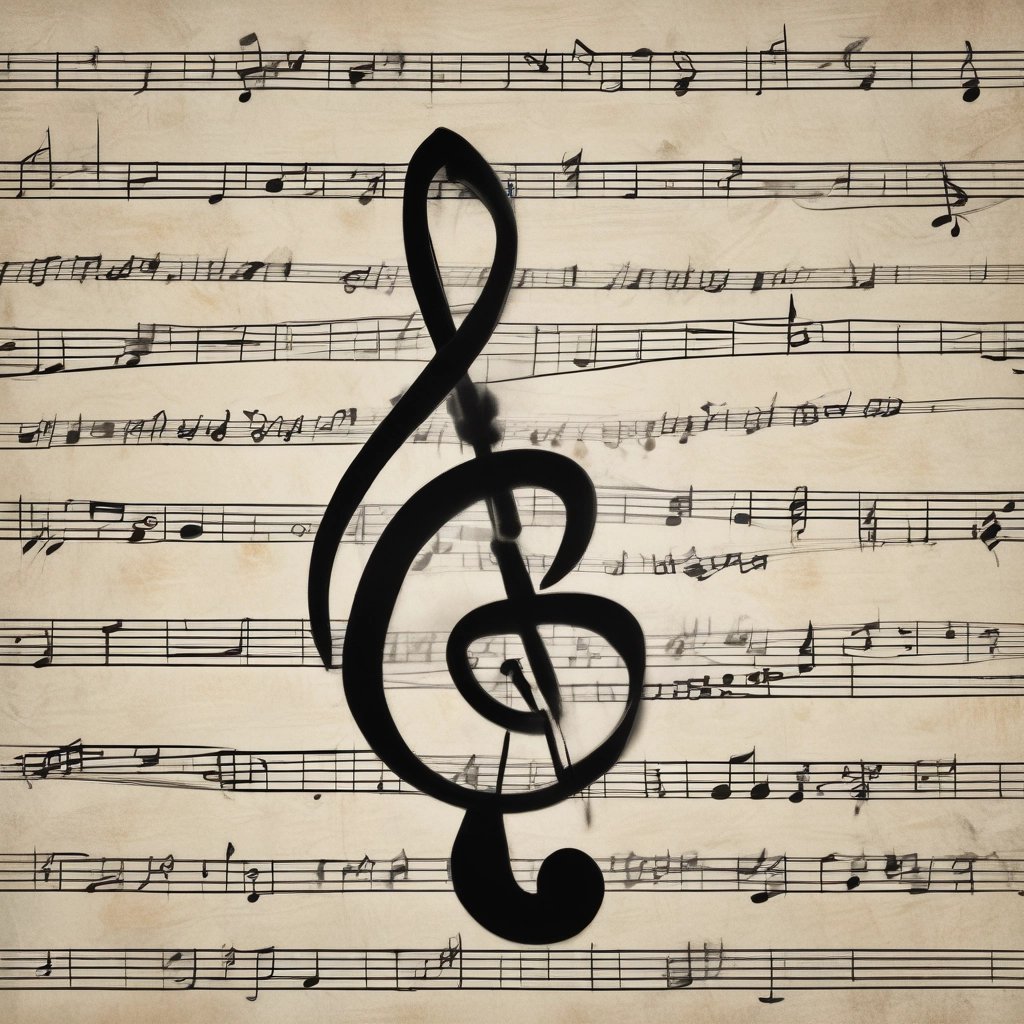Essays and Conversations on Community & Belonging
The Paralysis of Virtue: The Bourgeois Void in Modern Song
Analyzing "Ride" by Twenty One Pilots and "Why" by Jon Bellion and Luke Combs through the framework of Deirdre McCloskey's bourgeois virtues. This post is a call back to the very first post on this blog that analyzed "Love is a Bourgeois Construct" through McCloskey's framework.
CULTURAL & ARTISTIC ANALYSISLYRICAL EXEGESISTHE ANXIOUS MINDTHE VOID"SOUNDCLOUD SORROW"
Alex Pilkington
10/28/20253 min read
Deirdre McCloskey’s The Bourgeois Virtues is a robust defense of a commercial, market-driven society. She argues that, far from being a morally corrupting force, the "bourgeois deal" actively nurtures seven key virtues: the four classical virtues of Prudence, Temperance, Justice, and Courage, and the three "christian" virtues of Love, Faith, and Hope. For McCloskey, these are not abstract ideals but practical, worldly virtues of action, innovation, and social trust. This ethos of purposeful engagement, however, finds its stark antithesis in the anxious paralysis of the modern psyche, a condition powerfully chronicled in modern music. Twenty One Pilots’ "Ride" serves as the internal monologue of this dread, while Jon Bellion and Luke Combs’ "Why" provides the devastating rationalization for social withdrawal. Together, they map the contours of a "bourgeois void," where the very attempt to be "prudent" becomes the thing that makes a virtuous life impossible.
The crisis begins with a pathology of the internal virtues: Prudence and Temperance. For McCloskey, Prudence is not just cautious risk-assessment but practical, outward-facing wisdom—the ability to calculate effectively for a good end. Temperance is the self-control and balance required to execute that wisdom. In "Ride," the narrator is trapped in a corrupted version of these virtues. "I've been thinking too much," he confesses, a state that is profoundly imprudent because it achieves no good end; it is a self-consuming loop that leads only to the plea, "Help me." It is also intemperate, an all-consuming extreme rather than a balance. His desire to "stay in the sun where I find / Pieces of peace" is not a temperate moderation but a wish for a total, thoughtless void. "Why" articulates the source of this paralyzing prudence, with Luke Combs perfectly summarizing the wasted energy: "I could move mountains with the worrying I've done." This is the engine of paralysis. An immense mental effort expended on all possible negative outcomes, leaving no energy for virtuous action.
This internal failure of governance bleeds outward, causing a retreat from the active virtues of Courage and Justice. McCloskey’s Courage is not battlefield heroism but the entrepreneur's literal, forward-looking risk: the willingness to venture, to fail, and to stand by one's convictions. Justice, in turn, is the virtue of honoring one's real-world commitments and contracts. "Ride" is a direct confession of failure on both counts. The narrator draws a sharp line between "easy to say" virtue and "hard to do" action: "'Metaphorically, I'm the man / But literally, I don't know what I'd do." McCloskey’s entire framework is "literal"; metaphorical virtue is no virtue at all. This lack of courage makes the narrator inherently unjust. He cannot honor the basic social contract of loyalty, admitting, "I'd live for you / And that's hard to do / Even harder to say when you know it's not true." He is a man stalled, unable to commit to the "literal" actions that virtue demands.
It is in the "Christian" virtues of Love, Faith, and Hope that this bourgeois void is most poignantly expressed. McCloskey frames Love as the active care for colleagues, customers, and community. Faith is the loyalty to that community and a shared purpose. Hope is the forward-looking vision to build, innovate, and create a better future. The song "Why" is a direct and tragic rejection of all three. Written from the perspective of impending fatherhood, it frames these virtues as unacceptable liabilities. Jon Bellion's lyric, "I'm scared to meet you... my heart is wide open / For you to walk in, drop a bomb, blow it up," is the ultimate expression of this fear. Love and Faith are not virtues to be practiced but vulnerabilities to be defended against. The song's chorus then delivers the final, devastating conclusion, "If the higher I fly is the further I fall / Then why love anything at all?" This is the rationalization of hopelessness. It reframes Hope, McCloskey's engine of progress, as a mathematical certainty of pain. It is the logical end of the "Ride" narrator's passive "I'm falling" he has simply accepted the fall, while Bellion and Combs are now justifying it.
These songs are not critiques of the bourgeois world; they are laments from a self-imposed void. The narrators are trapped in a pre-virtuous state, unable to master their own minds, commit to others, or build a future. McCloskey's virtues all require a fundamental, optimistic engagement with the world and its possibilities. These narrators, by contrast, are defined by a pessimistic, anxious risk-assessment. The ultimate tragedy is that their "thinking too much" - their corrupted and intemperate Prudence - is precisely what prevents them from accessing the other six virtues and living the full, flourishing human life McCloskey describes.





